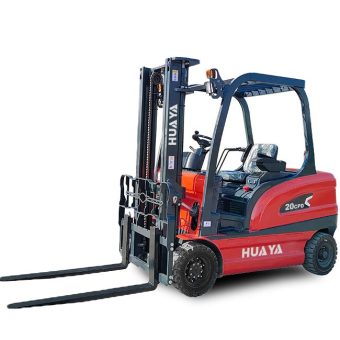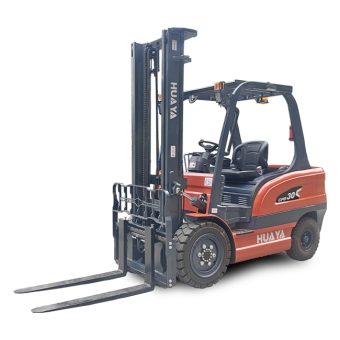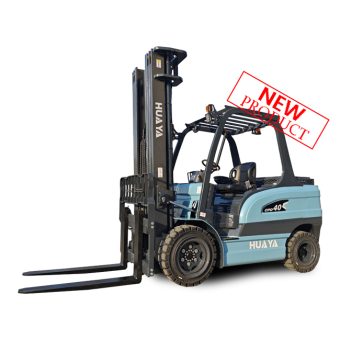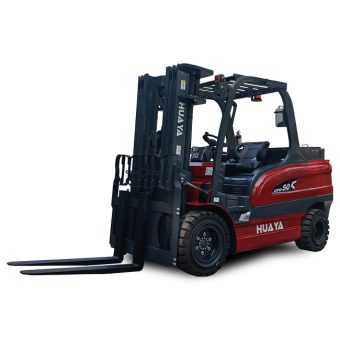
News
In the bustling landscapes of warehouses, manufacturing plants, and logistics hubs, the forklift stands as a silent workhorse, streamlining operations and ensuring the smooth flow of goods. This powerful industrial machine has evolved over the years, becoming an indispensable tool in various sectors. In this blog post, we will explore the myriad uses of forklifts, shedding light on their diverse applications and highlighting the key role they play in enhancing efficiency.
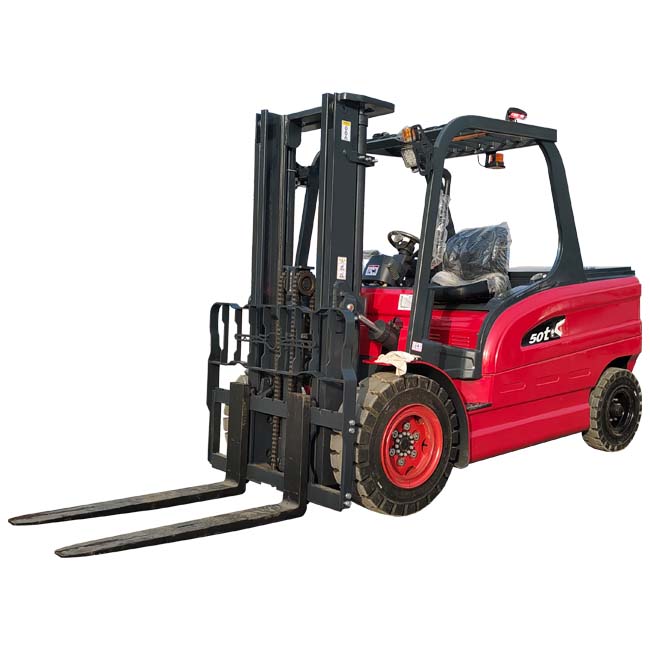
Before delving into the applications, let's briefly understand what a forklift is. A forklift, also known as a lift truck or fork truck, is a powered industrial truck equipped with forks at the front, designed to lift, carry, and stack materials. It's a versatile machine that comes in various types, each tailored to specific tasks.
One of the primary applications of forklifts is in warehousing and logistics. These machines are instrumental in moving heavy pallets and goods within warehouses, allowing for efficient storage and retrieval. Forklifts enable the swift loading and unloading of trucks, optimizing the entire supply chain process.
In manufacturing plants, forklifts play a crucial role in handling raw materials, transporting finished products, and aiding in the assembly process. Their ability to navigate through tight spaces and lift substantial weights makes them invaluable in the dynamic environment of a production facility.
Construction sites are no stranger to the forklift's capabilities. These machines are utilized to transport construction materials, assist in erecting structures, and support various construction tasks. Their adaptability to uneven terrains and robust build make them an ideal choice in the construction industry.
In retail and wholesale settings, forklifts streamline inventory management and stock replenishment. They contribute to the efficient movement of goods in large retail spaces, ensuring that products are readily available for customers.
Forklifts find applications in agriculture, aiding in the handling of bulk produce, loading and unloading equipment, and facilitating farm operations. Their versatility extends to various agricultural tasks, making them an asset on the farm.
Waste management facilities rely on forklifts for the movement of heavy waste materials. From loading waste into containers to transporting them within the facility, forklifts contribute to the effective management of waste streams.
In conclusion, forklifts are versatile machines that transcend industry boundaries. From warehouses to construction sites, their adaptability and efficiency make them an integral part of diverse operations. As industries continue to evolve, the role of forklifts in enhancing productivity and simplifying complex tasks will only grow.
No, forklifts are designed for both indoor and outdoor use. While they are commonly seen in warehouses, they are equally effective in construction sites, agricultural fields, and other outdoor settings.
No, forklift operators need specialized training and certification to ensure safe and efficient operation. Operating a forklift without proper training can pose serious risks.
The lifting capacity of a forklift varies depending on its type and model. Forklifts can typically lift loads ranging from a few thousand pounds to over 100,000 pounds.
There are several types of forklifts, including counterbalance forklifts, reach forklifts, pallet jacks, and rough-terrain forklifts. Each type is designed for specific tasks and environments.
Yes, safety is paramount when operating a forklift. Operators should adhere to safety guidelines, wear appropriate protective gear, and be aware of their surroundings to prevent accidents and injuries.
